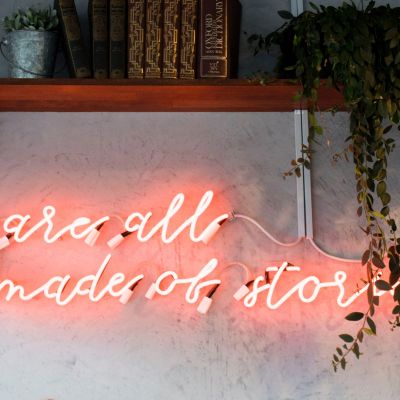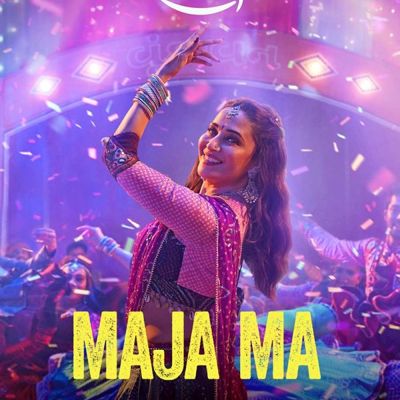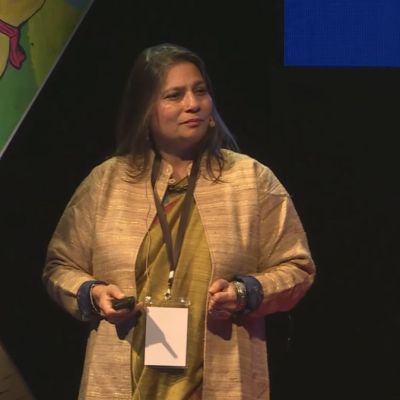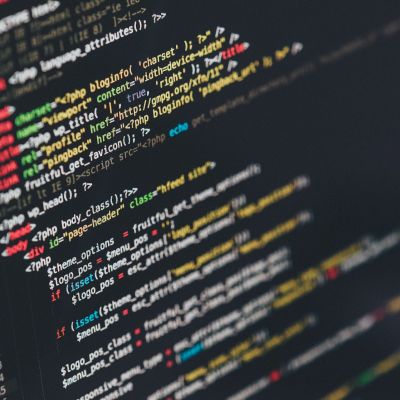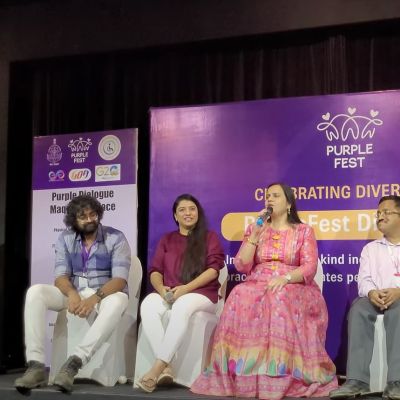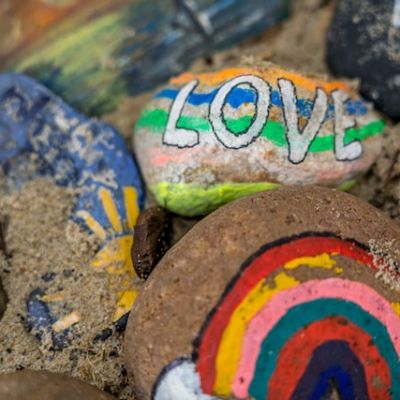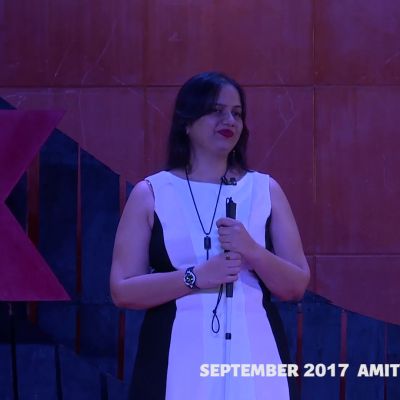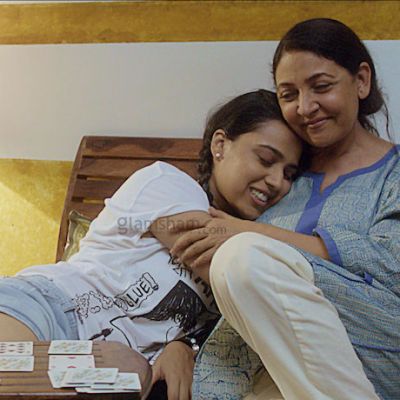Sexuality
I see people and places,
Couples and crushes
I hear giggles and whispers.
These are the secrets untold to me.
They’ punch him
with the pejorative
‘sissy’
and blame him for his smooth skin
and pink lips
for all ‘their’
disoriented gazes.
Looking back, it seems strange, almost sad that he couldn’t contain his anxiety, couldn’t bear the shame of what he did wrong. He must have skimmed over so much turmoil, that he couldn’t accept the reality of harming someone.
This reconciliation between Pallavi’s public (seemingly) heterosexual and closeted lesbian identities points to a distinctly Indian way of avoiding polarities through a new social arrangement where both identities are allowed the space to flourish.
If the workplace looked anything like our world, it would have 50% men and 50% women, 7% would have a college degree, 55% would have access to the internet, and only 70% would have access to a smartphone.
We had gathered to [discuss] digital self-determination for people with disabilities… focusing on its core component: the self. How can I be myself in digital spaces? What gives me more of a sense of self in these spaces? How can design, technology and policy contribute to helping me determine myself in digital spaces?
The linkages between access, health, violence, the law, workplaces, gender and sexuality are really high and that’s why we all today—whether we are working on street accessibility, education, disability and employment—need to bring and build our collective understanding around gender and sexuality, keeping it at the core of our work with people, youth, and women with disabilities.
We are two boys in our early twenties
who can read touch like that, who have broken into
a 200-year-old mansion, without permission,
to see from above where people like them go
after 377 has been read down only for those
who can stay behind closed doors — in the custody
of cheap hotels, or houses that welcome nights
with the sound of latches closing.
Many disabled people in India live with their parents and any expression of sexuality is suppressed as a rule within the confines of their homes. Sexual desires of persons with disabilities are seldom a priority issue for families or civil society. More is said through silence than words. Be grateful that you are alive. Isn’t that enough?
Who is this that works my hand?
Who is this that moves my pen?
Touch is a beetle creeping on this foreign thing
That wears my body like an evening.
Disability rights activist and comedian Nidhi Goyal busts myths and stereotypes about disability.
Happy New Year! We have curated this anthology to remind you and ourselves of the gift and wonder of possibilities.
She turns towards me when I speak, and I can feel her eyes thinking over my words, sensitive to any hint of criticism. Her thighs slide against mine, and for a moment we are both distracted by the naked coolness of our bodies. For a moment, we look at each other.
You see, you are being pushed and pulled in all directions because people around you, whether family, friends or the larger society, expect you to behave in a particular fashion and stick to existing norms. However, your inner voice is telling you to challenge these norms and follow your own path.
Reviewing three films (or the subplots of three films) to see how subplots show that marriage isn’t a destination or a single story that begins and ends in the ‘happily ever after’.



